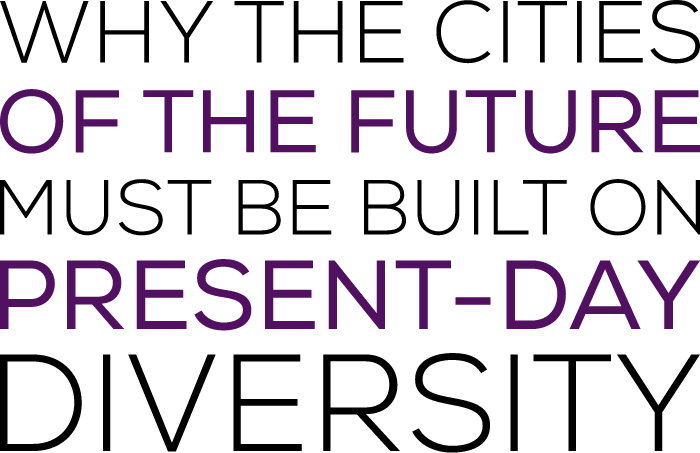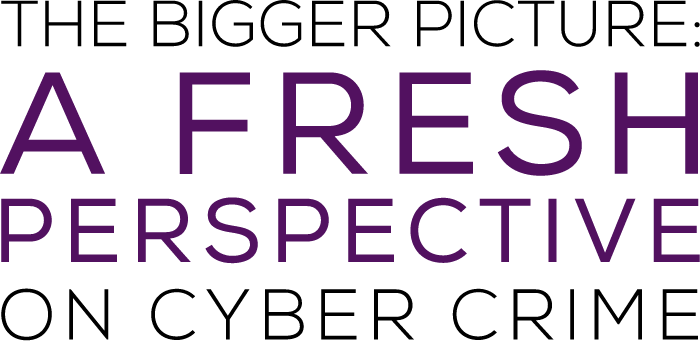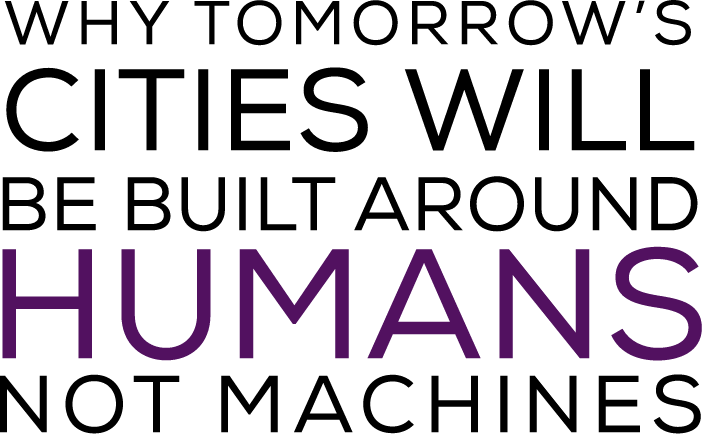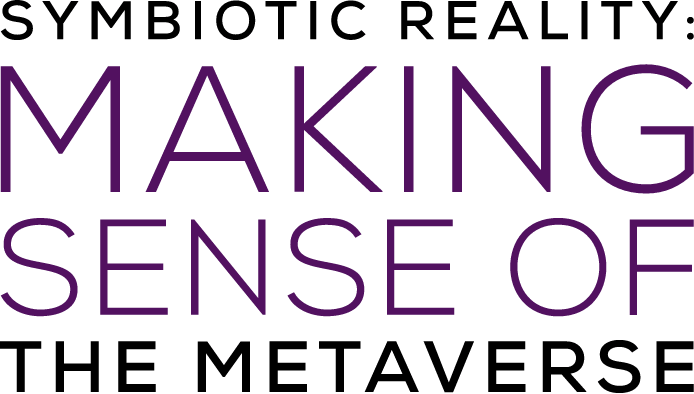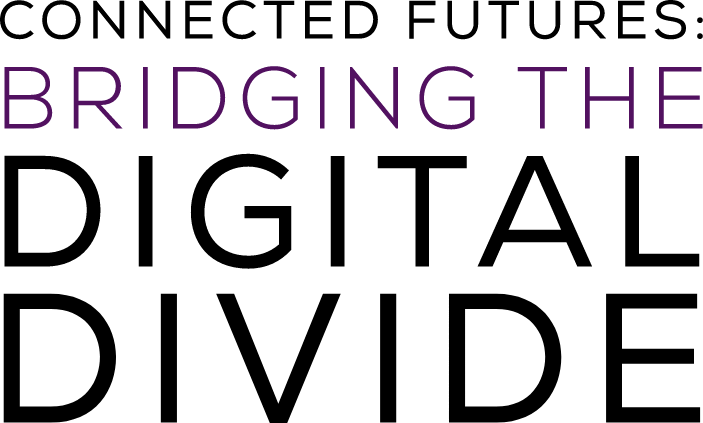Cities that empower sustainable enterprise will not only unleash creativity, but could also set societies worldwide on the path towards responsible development
In terms of invention, humanity is on a roll. If our 5,000 years of recorded history were compressed into a 24-hour day we would have conquered space, split the atom, discovered and altered DNA – all in the past half an hour.
Fast work, but giant leaps can be problematic. For example, some scholars theorise that the introduction of water purification systems was key to global mortality falling by almost half between 1900 and 1936, and it certainly played a huge part in eradicating diseases like typhoid. Even such immense achievements cannot eclipse concerns that the processes driving them were highly energy-intensive, even wasteful.
Today the equation is different. Over the next 15 years, the number of people living in cities – many of them subject to extreme weather conditions – is expected to increase by a billion. To ensure this is sustainable, societies must develop a systems-based approach to innovation, making sure the technologies developed not only improve human life, but also reduce its impact on the environment.
Pioneering tech
In Thuwal, a town on Saudi Arabia’s Red Sea coast, Professor Peiying Hong and her team at the King Abdullah University of Science and Technology (KAUST) are inching closer to a systematic breakthrough. Rather than pumping oxygen into wastewater to activate the microorganisms that clean it, Professor Hong and her team are running nearly 23,000 litres of water through an anaerobic membrane every day, which not only saves energy, but also protects the chemicals needed for irrigation and crop production.
The importance of this technology cannot be understated. Agricultural irrigation accounts for 70 per cent of the world’s water use and, unless new methods of cleaning and reusing water succeed, rising temperatures pose significant socioeconomic risks, particularly in northeast China, northwest India and the southwest United States, where temperatures are rising most acutely.
It allows us to say, this is my dream for food, for nutrition, healthcare, satellite services, education or for rocket ships. Whatever it was, we set it as our goal and started working towards it.
Beverly Rider, CEO - TONOMUS Venture Studio
These challenges not only draw people together, as Professor Hong’s team from Saudi Arabia, Australia and the United States can attest, but also present an opportunity to reimagine the systems that underpin urban life.
Radical innovation
NEOM is a completely new venture, says Beverly Rider, CEO of the firm’s recently inaugurated TONOMUS Venture Studio. “It allows us to say, this is my dream for food, for nutrition, healthcare, satellite services, education or for rocket ships. Whatever it was, we set it as our goal and started working towards it. In my first week at TONOMUS I was shown a machine that breaks down the hydrogen and oxygen from the air to fill your bottle with water.
In my first week at TONOMUS I was shown a machine that breaks down the hydrogen and oxygen from the air to fill your bottle with water.
Beverly Rider, CEO - TONOMUS Venture Studio
This type of innovation isn’t an incremental improvement on what came before, it’s a diagonal leap that should reshape our understanding of what’s possible. To harness it, TONOMUS is turning itself into a platform for the cross-pollination of ideas from around the world. Entrepreneurism is a key part of this, and so the firm has launched a series of venture competitions, inviting visionary thinkers and aspiring entrepreneurs from around the world to submit ideas for making business, tourism, sustainability, government and other components of modern society work better for everyone.
The Studio’s first competition focused on unlocking the true promise of the metaverse with solutions that strive to seamlessly integrate the physical and virtual worlds across a broad range of industries. The second, called “The Next Billion”, challenges innovators and entrepreneurs to develop concepts that will help sustain the world’s growing population in the realms of energy, food, healthcare or other essential infrastructure. Up to 20 semi-finalists will receive remote coaching from TONOMUS Venture Studio staff, with one or two winners receiving 12 weeks of support and training.
Entrepreneurial advances
Once inside the accelerator, entrepreneurs are taken through a five-step process – ideation, incubation, building, accelerating and scaling – while they are concurrently encouraged to learn the business side of entrepreneurship. “One example is a Technology for Good project we are working on,” says Rider. “If successful, this platform will provide people with increased access to healthcare in countries that don’t currently have the infrastructure to support every citizen.”
If successful, this platform will provide people with increased access to healthcare in countries that don’t currently have the infrastructure to support every citizen.
Beverly Rider, CEO - TONOMUS Venture Studio
At the same time, TONOMUS is tapping the private sector for innovation. “We know where we have gaps, and we’ll go looking for introductions from VCs and PE firms,” explains Rider. “For instance, we have a content management platform that we're working on, while simultaneously developing a metaverse, so we’re constantly looking for ideas that we think will take us closer to our vision.”
By turning these ideas into systems, as well as aiming to meet humanity’s biggest challenges, we can trigger a more creative approach to innovation. Dr Muhammad M Al-Saggaf, President of King Fahd University of Petroleum and Minerals, summarised this transition in his speech at the Global AI Summit in February, when he described the importance of teaching students not to get a job, but to create one.
This change to our thinking is essential for the sustainable development of our cities, and by unshackling human ingenuity, TONOMUS is not only hoping to secure the world for future generations, but also to share this growth across the globe.







